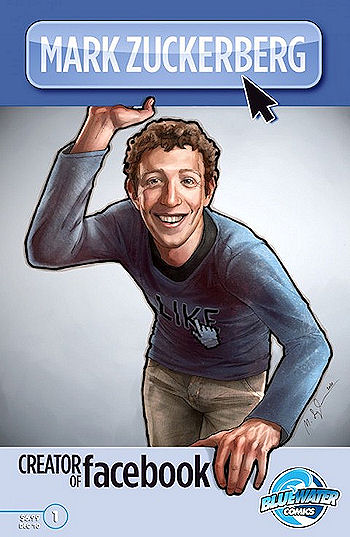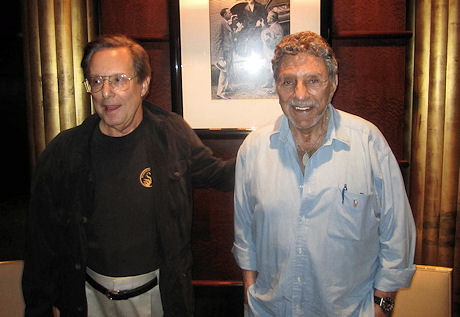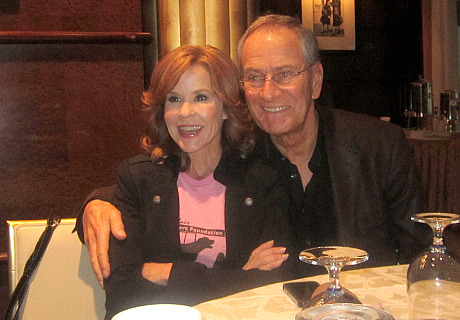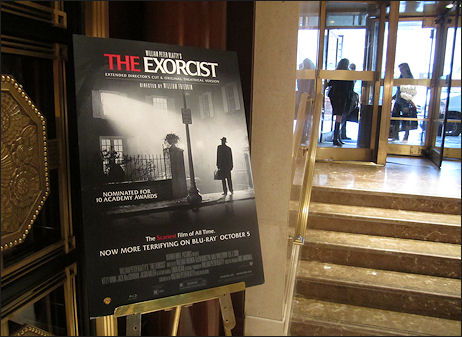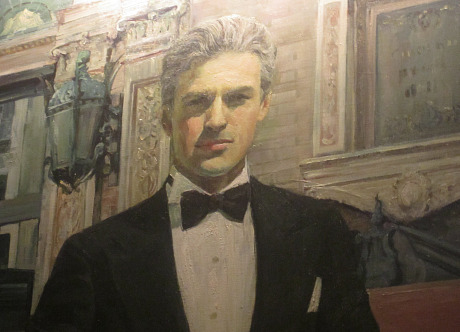Bluewater Productions has announced a forthcoming “Mark Zuckerberg: Creator of Facebook” comic book Written by Jerome Maida, penciled by Sal Field and cover designed by Michal Szyksznian, the 48-pager will be out in December.
“Who is the real Mark Zuckerberg?,” the press release asks. “The young billionaire and creator and CEO of Facebook who announced recently that he is generously donating $100 million to public schools in Newark? Or the cold-blooded businessman who walks over people to get what he wants — the way he’s portrayed in The Social Network?
The road to success, Maida says, was not preordained nor was it always a smooth ride.
“Mark was offered loads of money at a young age and turned all his suitors down because deep down he knew he had higher goals than to work for someone else,” says Maida. “Bill Gates offered Mark a million dollars while Mark was still in high school to work for him and Mark turned it down. I mean, how many high school kids will ever be made an offer like that?
“Rightly or wrongly, Mark dealt harshly with some people on his way to where he is today”, says Maida. “As we see, he left many people feeling betrayed. I try my best to be fair here. No one is totally innocent in this story. I try to represent each of the major players’ point of view.”



